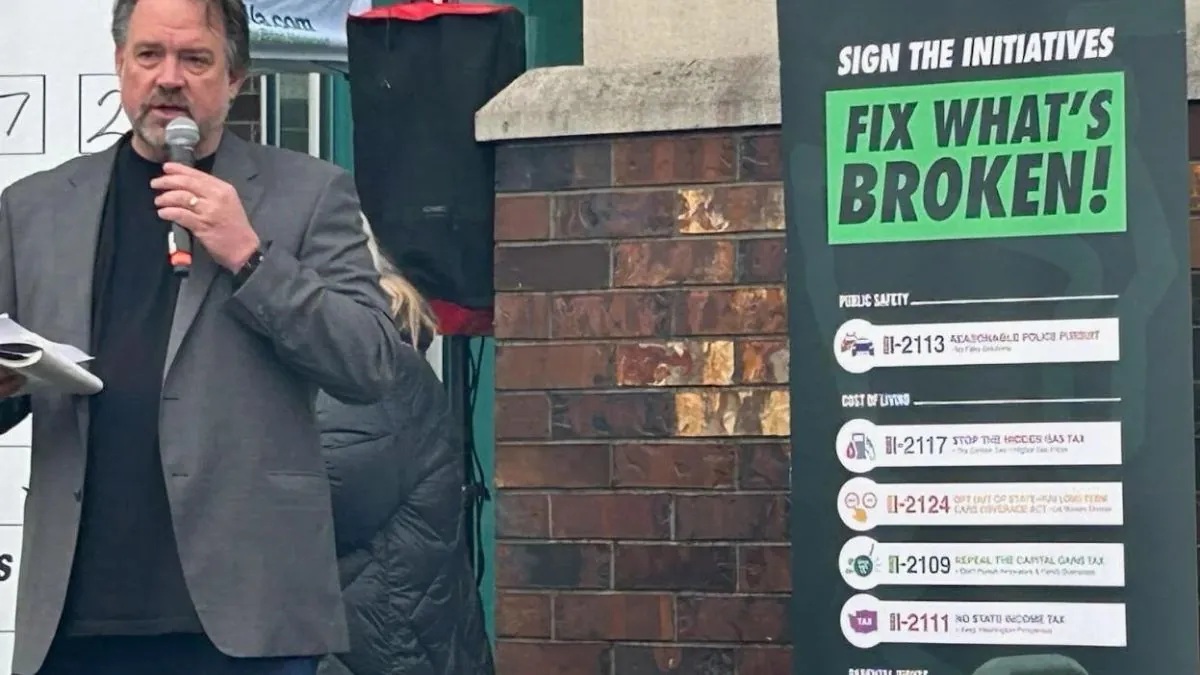According to a presentation on Wednesday by the Electric Vehicle Coordinating Council, the majority of funding for investments in zero emission vehicles, 84% to be exact, is derived from the revenue generated by the 2021 Climate Commitment Act.
Initiative 2117, certified for the ballot by the Secretary of State’s Office, aims to eliminate the CCA’s cap and trade carbon auctions, which have already generated billions in new revenue. A significant portion of this revenue, $671 million, has been allocated towards Zero Emission Vehicle (ZEV) investments. Detractors of the carbon auction label it as a “hidden gas tax,” asserting that it has resulted in higher gas prices in Washington when compared to other states.
If voters approve it, this will pose another challenge for state efforts to transition to electric transportation. Despite approving a transportation electrification strategy last year, the council has already admitted that it will not be able to achieve its emission goals by 2030. In addition to that, the state will require an additional three million charging ports to accommodate the growing number of electric vehicles on the road. The cost of these ports will vary depending on the type, with the average installation cost ranging from $300 to $1,500 for a single level 1 EV port, $6,000 for a single level 2 EV port, and $10,000 to $40,000 for a DC fast charging port.
EV charging infrastructure currently accounts for 33% of the state’s funding for EV investments. The majority of the investment (61%) is allocated through the Washington State Department of Transportation. Additionally, nearly half (45%) of the state’s expenditure is dedicated to converting the existing public fleet to EV vehicles.
The recent state supplemental budget saw an increase in spending by $100 million. However, in response to I-2117, a significant portion of approved spending, specifically $130 million or 19%, has been delayed.
During the Electric Vehicle Coordinating Council meeting on Wednesday, Steven Hershkowitz, the Transportation Electrification Policy Lead at the state Department of Commerce, emphasized the importance of I-2117 in funding zero-emission vehicle (ZEV) projects. He stated that while the remaining funds would still be spent regardless of the approval of I-2117 in November, they would not continue to roll over if the policy were to be discontinued. Hershkowitz highlighted that these funds currently play a significant role in supporting ZEV initiatives.
The next meeting of the council is scheduled for May 1st.

